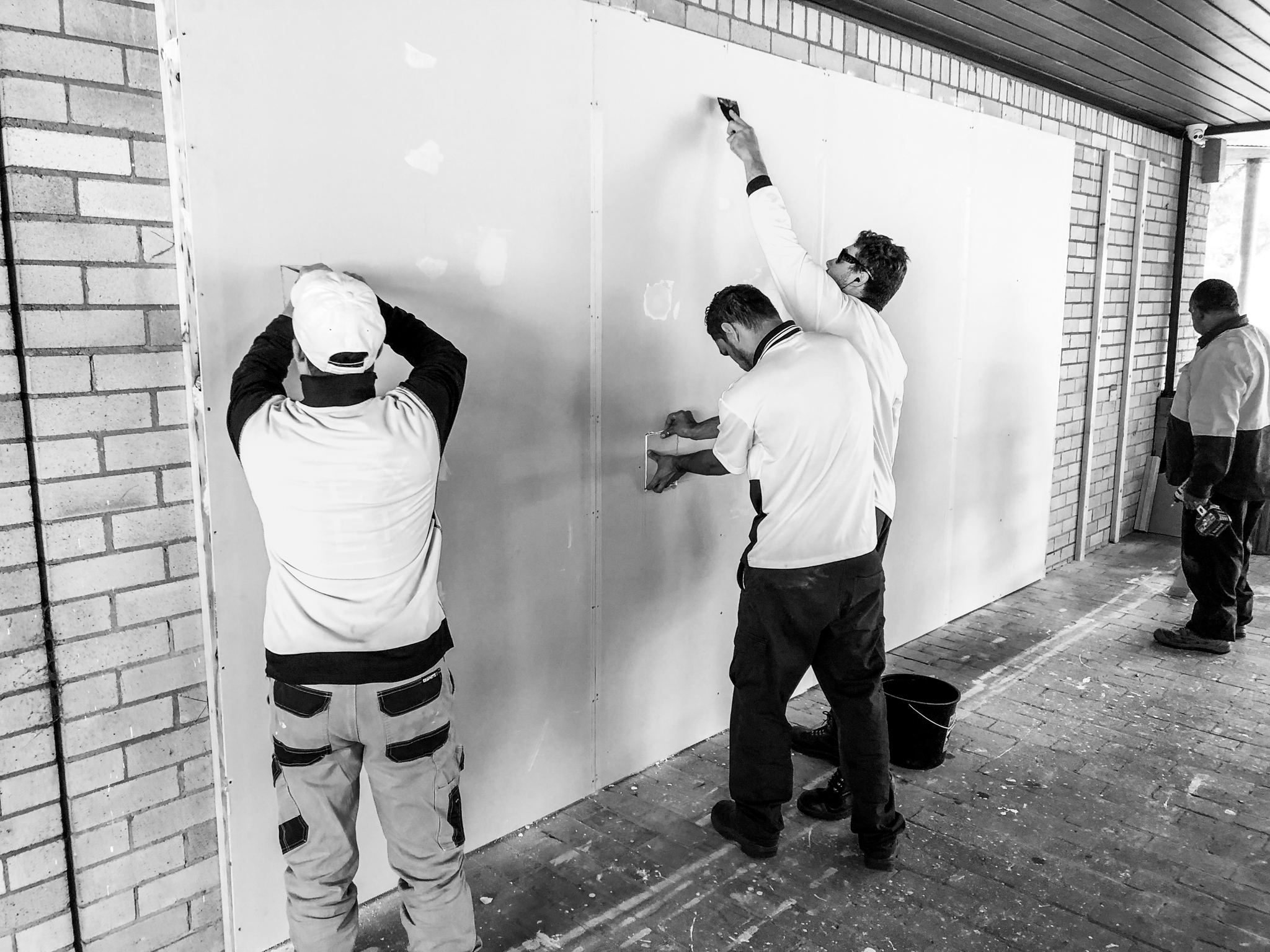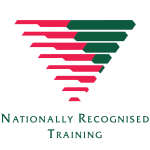About the Certificate II in Construction Pathways
Industries | Building and Construction
This qualification provides a pathway to the primary trades in the construction industry. This offering has been developed specifically as a pre-employment and pre-apprenticeship opportunity. Trade employment outcomes are predominantly achieved through an Australian Apprenticeship.
This qualification allows for inclusion of skills suited for entry to off-site occupations, such as joinery and shopfitting as well as carpentry, bricklaying and other occupations in general construction.
This course is delivered via an on-the-job traineeship customised to the workplace, a face-to-face full qualification or via a school-based traineeship (SBAT).
*This training is subsidised by the NSW Government for eligible participants.*

Type
Full Qualification,
Traineeship,
SBAT

Delivery
Combination
Face-to-Face
Online

Duration
16 Wks to
1 Yr

Max admin fee
$1620 p/p
*Smart & Skilled
eligibility applies*

Contact
Units of
Competency
For the award of the Certificate II in Construction Pathways, the candidate must demonstrate competency in 10 units of competency
Our Standard Delivery:
5 core units | 5 elective units
Unit requests outside this will need to be discussed with us.
Core Units
CPCCOM1012 Work effectively and sustainably in the construction industry
CPCCOM1013 Plan and organise work
CPCCOM1015 Carry out measurements and calculations
CPCCVE1011 Undertake a basic construction project
CPCCWHS2001 Apply WHS requirements, policies and procedures in the construction industry
Elective Units (Example Unit Set)
CPCCCA2002 Use carpentry tools and equipment
CPCCCA2011 Handle carpentry materials
CPCCSP2001 Handle solid plastering materials
CPCCSP2003 Prepare surfaces for plastering
CPCCCM2004 Handle construction materials


